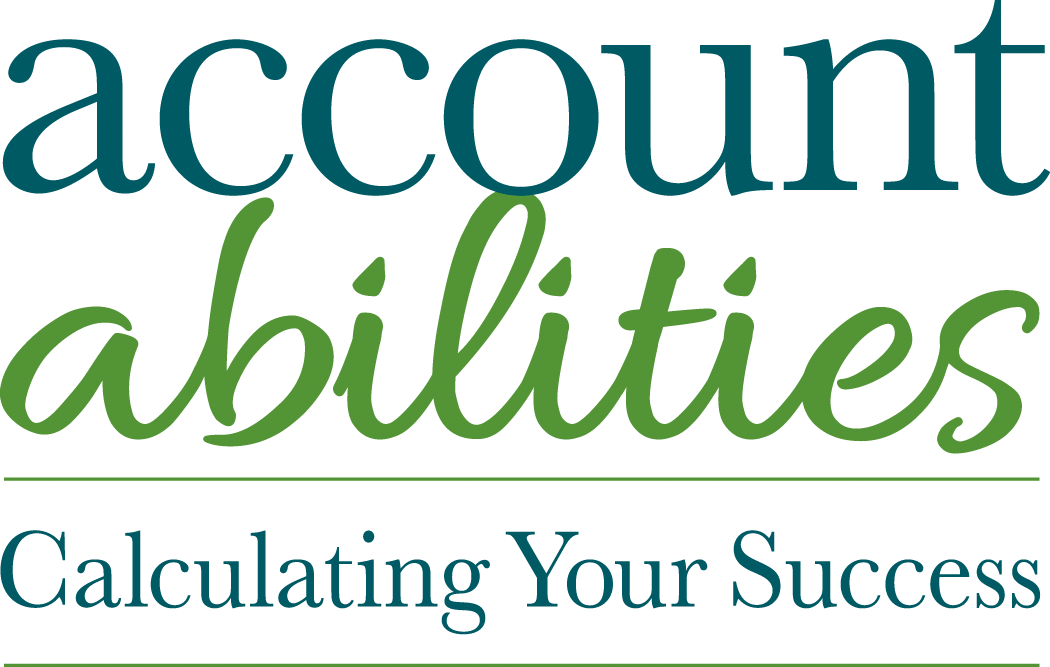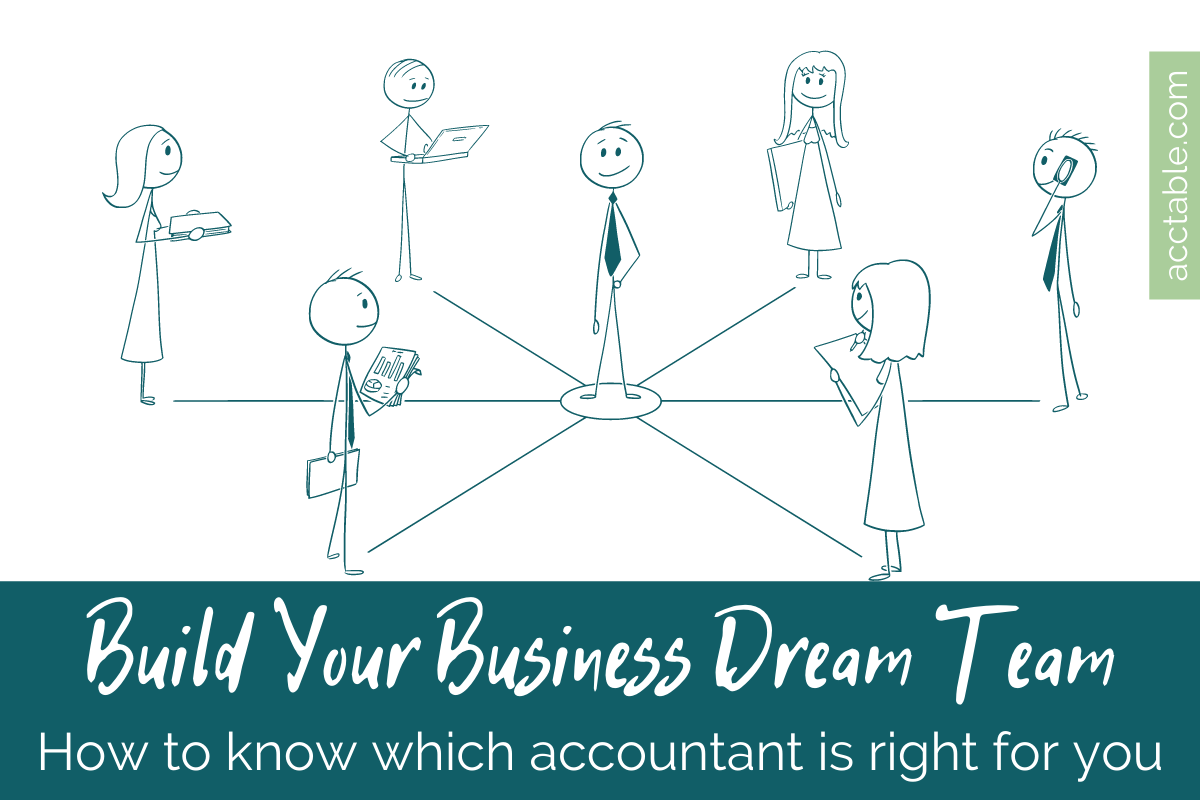How to know which accountant is right for you
Raise your hand if you feel like your taxes are simple and you don’t need an accountant. You’re not alone! Most people feel this way. The truth is, as you begin your new business, you never really know when you will need a trusted advisor like an accountant. You deserve to pick up the phone and address an issue with your accountant instead of stressing over it for days. An accountant is an important part of building your business dream team.
Forming a relationship with an accountant sooner rather than later gives them the ability to get to know you and your habits. This is especially important as you begin forming and running a business so you get started on the right track! As an accountant learns more about you, they can better guide you through any sticky tax or accounting situations.
As you begin to build your business dream team, keep in mind that just like any relationship, an advisor should be a good fit for you and your business.
Considering the following questions will help find the perfect accountant to join your business dream team!
-
Are they experts?
Do they have the knowledge or expertise in tax accounting? Are they an Enrolled Agent, Certified Public Accountant or do they simply have years of experience in the area of accounting that you need?
-
Do they continue to educate themselves?
Tax laws change every year and it is important that your accountant stays on top of the changes with continuing education?
-
Do they stand behind their work?
We are all human and even with software can make mistakes. Is your accountant willing to review letters from the IRS if you receive one? Will they correct any issues or supply extra documentation to clear up the matter from the IRS?
-
How much do they charge for their services and time?
There is not a right or wrong amount a trusted advisor should charge as long as the fees are transparent and you agree with them. You can always ask friends or colleagues what their accountants charge, but keep in mind that they do not all receive the same service. It is very subjective.
-
Are they available during the year?
Many tax preparers are available only during tax season and then travel the remaining part of the year. Questions and issues pop up when you would least expect them to and it is important that your trusted advisor can be reached all year.
-
How long can you expect to get answers when you have questions?
When you have a question, how long can you expect a return phone call and or email? Is it different during tax season and non tax season?
-
What is their tax preparation process and expected turnaround time?
Make sure you understand how they prepare your return and when you can expect the finished product. You do not want to hear , “drop off your return and we will call you when it is completed”. This can lead to frustration if you expect a week and they expect three weeks.
-
Does their tax preparation process include a “check in conversation” prior to preparing the return?
Your tax situation can change from year to year and you may not realize it. It is important your accountant includes a “check in conversation” as part of their process prior to preparing returns.
-
Will they take the time to explain your completed tax return to you?
You want the tax preparer to complete the return, so that we know it is accurately prepared. However, you also want to understand how all of your pieces fit together. This comes back to learning from the experience, so that you can make better decisions moving forward.
-
Do you understand what he/she says to you?
Are they speaking a language you understand? It is not uncommon for accountants to answer questions by reciting IRS code, but it is important that they follow up with an explanation that you understand. If they start to use acronyms or words that you are unfamiliar with, don’t be afraid to ask them follow up questions to assure you two will be able to communicate.
-
Do you feel like you learned anything?
When you asked the tax preparer questions, did he/she explain the answer in a way that you not only understood the answer but the reasons why? It is important that you can gain knowledge from your trusted advisor, so that you can make better decisions for yourself in the future.
-
Does he/she add value?
As the interview concludes, does that accountant have any suggestions for you? This can sometimes be difficult with only a conversation, but make sure to ask, “ Do you have any suggestions for me or anything that I should keep my eyes out for?”
-
Did they ask you good questions during the interview?
Did they ask you questions that give them information about your specific situation? Are they curious? Do they dig deeper once you have answered the questions? This is a good indicator that they are thinking about ways to help you? That they are interested in more than just checking boxes on a return. They want to learn more about you and your unique situation.
-
Are they a good personality fit?
Do you like the accountant? Would you be comfortable calling them with tax questions? To take it one step further, would you be comfortable sharing with them a messy life situation?
-
Test the Waters.
After a week or so, email the tax preparer thanking him/her for their time and ask a simple question. This is simply a test for you and them. Are you truly comfortable reaching out and did they respond in the time frame you expected? It is incredibly important that communication lines are open.


